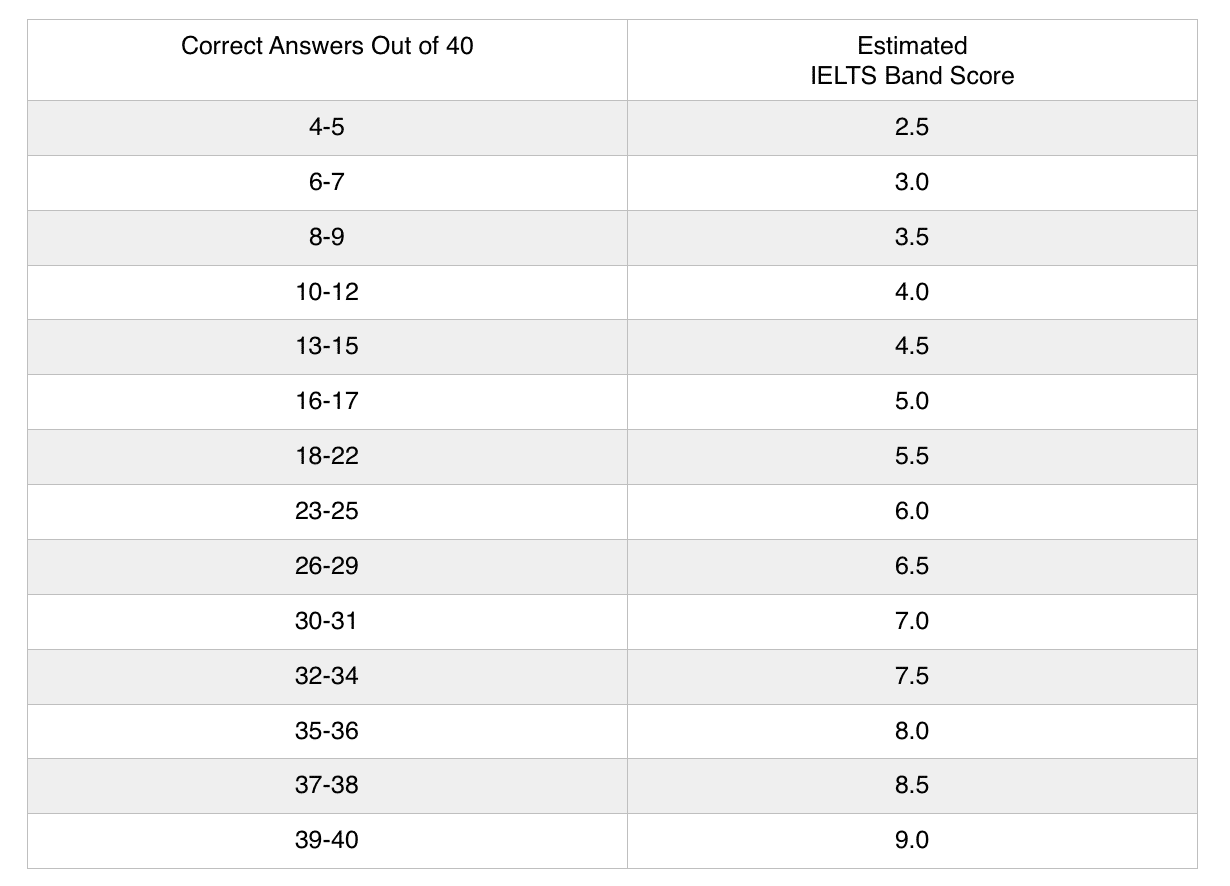When it comes to taking the IELTS exam, understanding the scoring system is crucial for achieving your desired results. The International English Language Testing System (IELTS) is a standardized test that assesses the language proficiency of non-native English speakers. It is accepted by over 10,000 organizations worldwide, including universities, employers, and immigration authorities. One of the key components of the IELTS exam is the scoring system, which assigns a grade to test takers based on their performance.
IELTS scores are reported on a scale from 0 to 9, with each band representing a different level of English proficiency. The scores are broken down into four categories: Listening, Reading, Writing, and Speaking. Test takers receive a score for each of these sections, as well as an overall band score that is the average of the four individual scores. Understanding what each band score represents can help test takers gauge their language abilities and set realistic goals for improvement.
Band scores range from 1 (Non-User) to 9 (Expert User), with intermediate levels in between. A score of 1 indicates that the test taker has no ability to use the language, while a score of 9 signifies an expert level of proficiency. Most universities and organizations require a minimum band score of 6 or 6.5 for admission or employment purposes. Achieving a higher band score can open up more opportunities for study, work, and immigration in English-speaking countries.
Test takers can improve their IELTS scores through practice, preparation, and familiarization with the test format. Taking practice exams, studying vocabulary and grammar, and working with a tutor can help boost scores in each section. Additionally, understanding the scoring criteria for each section, such as coherence and cohesion in Writing or fluency and pronunciation in Speaking, can guide test takers in enhancing their language skills.
In conclusion, the IELTS score grades play a significant role in determining a test taker’s language proficiency and eligibility for various opportunities. By understanding the scoring system and working towards achieving a higher band score, individuals can improve their chances of success in academic, professional, and personal pursuits. With dedication and effort, anyone can attain their desired IELTS score and unlock a world of possibilities.
